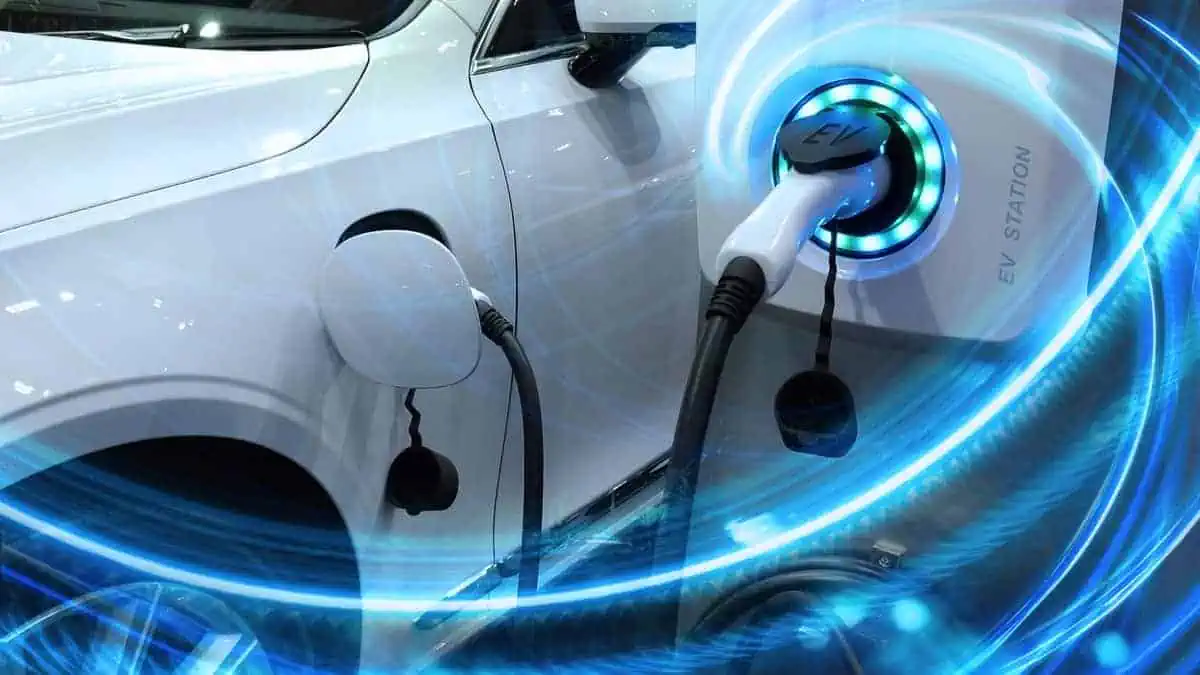Yes, driving and charging an electric vehicle in the rain is perfectly safe. Electric cars are designed to be weather-resistant and can operate safely in a variety of weather conditions, including rain, snow, and cold temperatures.
However, it is essential to be cautious when charging an EV in the rain, as water and electricity can be dangerous.
How to ensure safety while charging in the rain?
EV charging stations must have a design that can prevent water from contacting electrical components. Moreover, taking basic safety precautions when charging in wet conditions is still a good idea.
The University of Illinois designed charging equipment to be insulated and waterproof and underwent testing by the Society of Automotive Engineers for almost any climate condition, except for extreme weather conditions such as floods and hurricanes.
When it is heavily wet outside, the charging of the cord plugs into an outlet, or an extension cord is a central concern. However, the use of extension cords comes with its own set of risks. Ensure the cables are appropriate for the service, working in good order, and connections aren’t in the water to be safe.
There are also good covers that protect your charging whenever it is raining. And EV manufacturers specifically designed the plugs to be isolated from a heavy downpour.
See Also:
- Are electric vehicles as safe as other vehicles?
- Is an electric car safe in a car crash?
- Do EVs need to be serviced?
- Can we upgrade our apartment block for EV charging?
- Do EV batteries wear out?
In summary, you can safely drive and charge an electric car in the rain. However, it is vital to take basic safety precautions and exercise caution in wet weather conditions.






